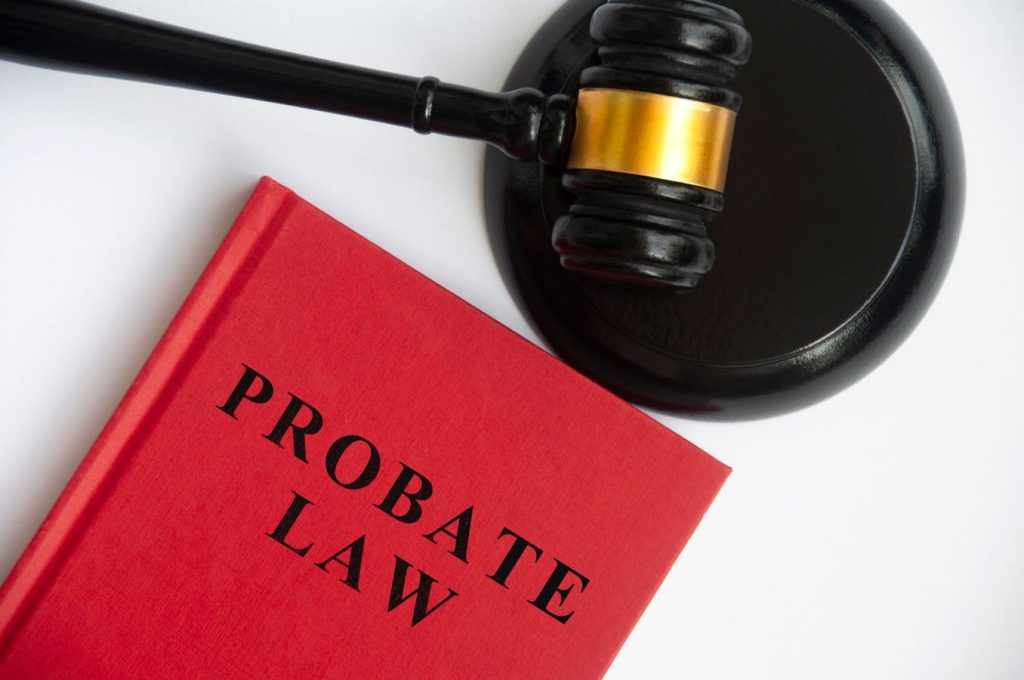Avoiding probate when planning for your estate has many benefits, including avoiding the hassle and cost of court proceedings, maintaining privacy, and allowing beneficiaries to receive their inheritance sooner. However, another important reason to avoid probate is to prevent heirs from receiving notice of court filings upon your death. This can prevent potential conflicts and disputes among family members, especially if someone feels left out of the will.
When a will is probated, heirs are typically required to receive notice of the court filing. This gives them the opportunity to contest the will if they believe there are issues such as fraud or undue influence involved. While this can be a necessary protection against bad actors, it can also lead to headaches and delays for beneficiaries named in the will, especially if heirs come forward to contest a valid will.
Identifying and locating heirs can also be a challenge, especially if distant family members have been lost track of or if other family members have passed away. Social media and public records can be helpful in tracking down heirs, but it can still be a time-consuming process. Creating a revocable trust and transferring assets to the trust during your lifetime can help avoid these issues and maintain privacy.
While creating a trust may be more involved and costly upfront compared to a simple will, it can ultimately save on legal fees and prevent potential conflicts among heirs. It is important to involve your attorney in the process to ensure all assets are properly transferred to the trust and to create a list of heirs and their current addresses. This can make the probate process easier for your beneficiaries and prevent any surprises or delays.
Ultimately, avoiding probate by creating a trust can provide peace of mind for both you and your beneficiaries. By taking the necessary steps to transfer assets to a trust or through joint ownership or beneficiary designations, you can ensure that your wishes are carried out smoothly and efficiently. It is important to consider all aspects of estate planning, including the potential challenges of probate, in order to protect your assets and provide for your loved ones in the future.













